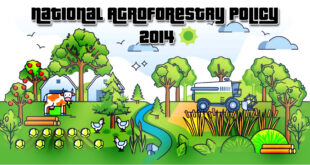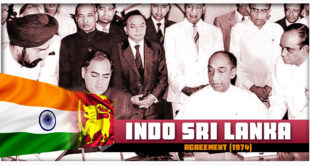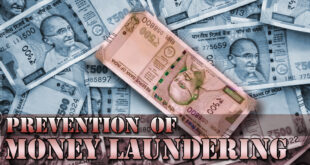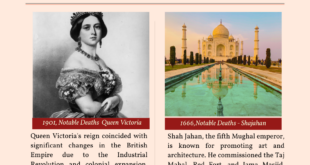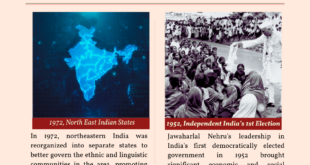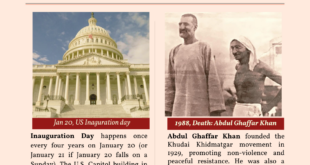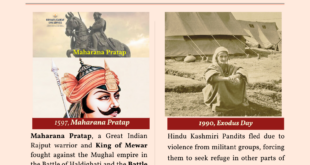Concept Heatwaves, periods of abnormally high temperatures exceeding seasonal norms, are a growing concern in India. These scorching events pose a significant threat to public health, agriculture, and overall economic well-being. The Scorching Reality: Frequency and Intensity on the Rise India experiences heatwaves primarily between March and June, with the …
Read More »National Agroforestry Policy 2014
Introduction: The National Agroforestry Policy 2014 was introduced by the Government of India to promote sustainable agroforestry practices across the country. Key Objectives: Encourage widespread adoption of agroforestry to enhance income generation and livelihood security for farmers. Facilitate ecological sustainability by promoting the integration of trees with agriculture. Strengthen the …
Read More »INDOSRI LANKA agreement on 1974
Introduction The term “Katchatheevu” translates to “barren island” in the Tamil language. Situated in the Palk Strait, Katchatheevu Island spans approximately 285 acres and remains uninhabited. It lies between India and Sri Lanka, serving as a point of geographical significance in the region. Katchatheevu Island Located 33 km northeast of …
Read More »PMLA: Combating Money Laundering and Financial Crimes
Concept : The Prevention of Money Laundering Act (PMLA), enacted by the Indian government, targets money laundering and associated financial offenses. Enacted in 2002, the PMLA aims to prevent and control money laundering activities and confiscate proceeds of crime derived from illicit activities. Key Provisions: Offences and Penalties: The PMLA …
Read More » Chinmaya IAS Academy – Current Affairs Chinmaya IAS Academy – Current Affairs
Chinmaya IAS Academy – Current Affairs Chinmaya IAS Academy – Current Affairs

